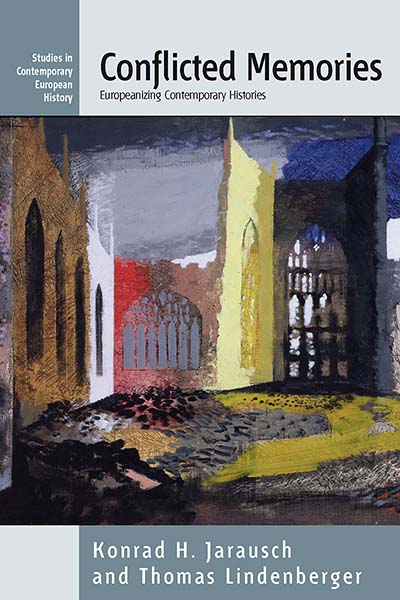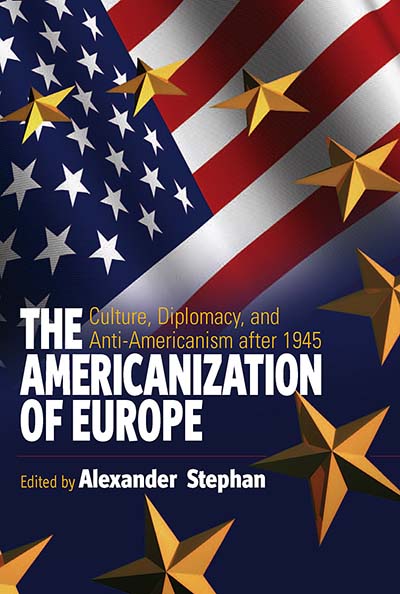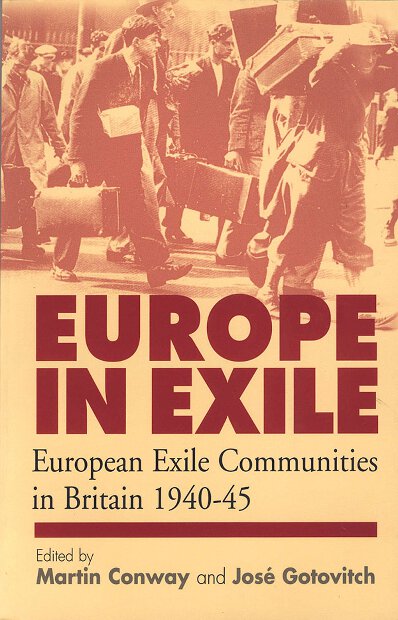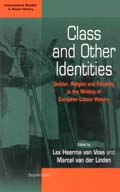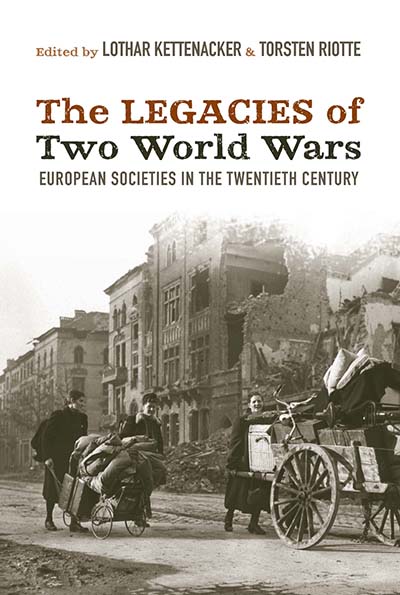
See Related
History JournalsEmail Newsletters
Sign up for our email newsletters to get customized updates on new Berghahn publications.
The Legacies of Two World Wars
European Societies in the Twentieth Century
Edited by Lothar Kettenacker and Torsten Riotte
Published in Association with the German Historical Institute, London
334 pages, bibliog., index
ISBN 978-0-85745-180-4 $135.00/£104.00 / Hb / Published (August 2011)
ISBN 978-1-78238-115-0 $34.95/£27.95 / Pb / Published (December 2013)
eISBN 978-1-80758-743-7 eBook
Reviews
“Unlike many multi-authored editions, this one is carefully mapped out and coordinated. The contributors are well known in the scholarly community and include a good cross section of experts in the histories of the four major European belligerents…There is little to fault in this excellent selection of essays on the legacies of the two most devastating wars in world history.” · History. Reviews of New Books
Description
The US invasion of Iraq in 2003 was done mainly, if one is to believe US policy at the time, to liberate the people of Iraq from an oppressive dictator. However, the many protests in London, New York, and other cities imply that the policy of “making the world safe for democracy” was not shared by millions of people in many Western countries. Thinking about this controversy inspired the present volume, which takes a closer look at how society responded to the outbreaks and conclusions of the First and Second World Wars. In order to examine this relationship between the conduct of wars and public opinion, leading scholars trace the moods and attitudes of the people of four Western countries (Great Britain, France, Germany and Italy) before, during and after the crucial moments of the two major conflicts of the twentieth century. Focusing less on politics and more on how people experienced the wars, this volume shows how the distinction between enthusiasm for war and concern about its consequences is rarely clear-cut.
Lothar Kettenacker was deputy director of the German Historical Institute London (1975– 2004) and held an adjunct professorship at the Goethe University Frankfurt. He did his PhD on Nazi occupation policy in Alsace. He has published on the history of the Third Reich, Anglo-German relations and the history of the Federal Republic. His most recent book is Germany 1989: In the Aftermath of the Cold War (2009).
Torsten Riotte is a lecturer in History at the Goethe University Frankfurt. Educated at Cologne and Cambridge Universities, he worked at the German Historical Institute London (2003–2007) where he edited the multi-volume edition British Envoys to Germany, 1815–1866. He is the author of a number of articles on British and European history and co-editor of The Hanoverian Dimension in British History, 1714–1837 (2007) and The Diplomats’ World. A Cultural History of Diplomacy (2008).

